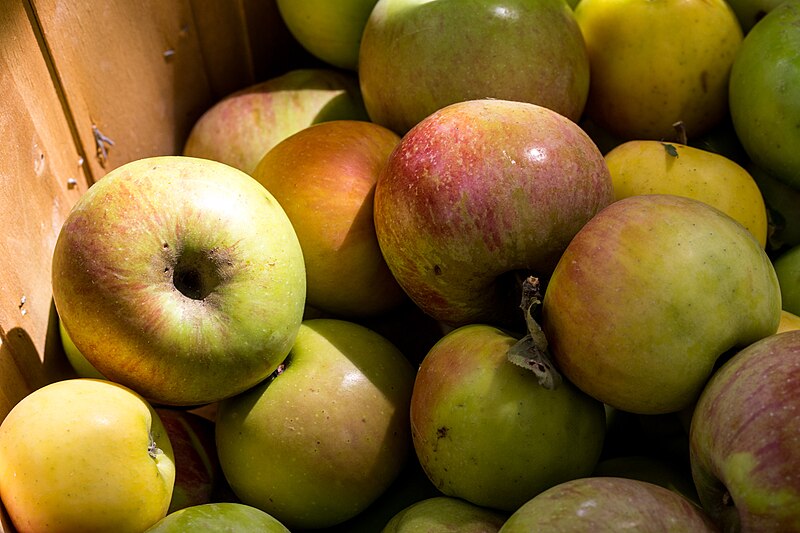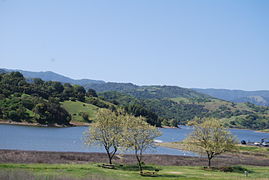 Thoughts do count. I'm not referring to gift-giving and, "It's the thought that counts," nor do I intend this as a reference to or criticism of those with obsessive-compulsive thoughts.
Thoughts do count. I'm not referring to gift-giving and, "It's the thought that counts," nor do I intend this as a reference to or criticism of those with obsessive-compulsive thoughts.
Using "my" and "I" here will, I hope, show that I'm drawing upon my own well-documented experiences relating to how my thoughts can and do change my entire outlook, which in turn determines how my day unfolds. This is personal, this is what works for me. Try it. You may find you like it!
~Albert Einstein
A woman who always presented a happy face to the world, no matter what happened, a man who sported a glum look most of the time, created a daughter who grew to adulthood wondering at her mother's bright and jolly and not understanding the reasons for such dour expressions on the father's face. How should she present herself to the world? Which way to be?
The world as we have created it is a process of our thinking.
It cannot be changed without changing our thinking.
In all family photos taken of me from around ages seven to 15 there's a look of gloom on my face; hardly ever a trace of a smile. Why?
My parents were good providers of food and clothing, of a comfortable home and plenty of outdoor adventures. If asked, I'm sure I would have said I knew I my mother and father loved me.
Mom's mantra was "Smile, you'll feel better!" My usual, non-verbal response was simply more glowering. I eventually perfected the art of acting happy and content around others. Inside I was confused, angry, afraid, wary, and unsure of myself. I was faking it for everyone else. Years later I realized that subterfuge had lasting and detrimental effects on me and on my loved ones.
Move forward three decades. I'm 45 years old, life has taken some odd and
Move forward three decades. I'm 45 years old, life has taken some odd and







